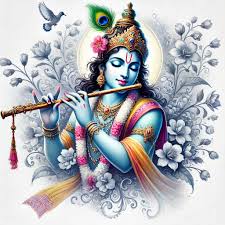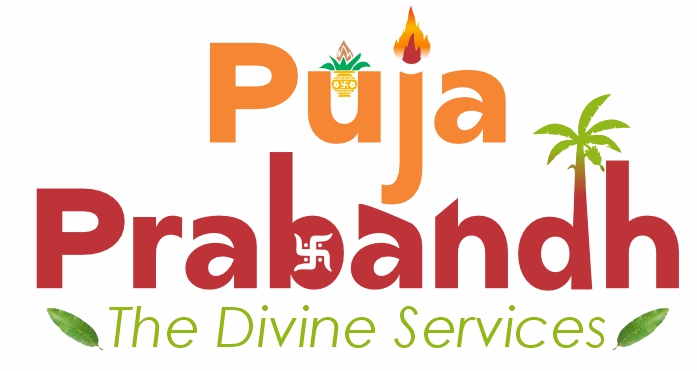
Krishna Puja, celebrated on the sacred occasion of Gokulashtami or Janmashtami, marks the divine birth of Lord Krishna, the eighth incarnation of Lord Vishnu. This festival falls on the Ashtami (eighth day) of Krishna Paksha in the month of Shravana or Bhadrapada (August–September), depending on regional calendars.
Lord Krishna, born in Mathura to Devaki and Vasudeva, is revered as the God of Love, Wisdom, and Dharma. His birth signifies the triumph of good over evil, and his life exemplifies devotion, righteousness, and compassion.
Devotees observe fasts on Gokulashtami and spend the day in devotional singing (bhajans), chanting the Bhagavad Gita, and performing special pujas. Homes and temples are beautifully decorated with flowers, lights, and tiny footsteps made with rice flour, symbolizing baby Krishna’s arrival.
The Krishna Puja is performed during midnight, believed to be the exact time of the Lord’s birth. A beautifully adorned idol of Bala Krishna (infant Krishna) is placed in a cradle, which is gently rocked while singing lullabies and devotional songs.
Puja offerings include:
- Butter, milk, curd, jaggery, and poha (flattened rice)—Krishna’s favorite foods
- Tulsi leaves, fruits, sweets like laddoos and seedai
- Incense sticks, lamps, bells, and conch are used during aarti
Special rituals like Krishna Abhishekam (ritual bathing of the idol) with milk, honey, ghee, and curd are performed, followed by aarti and prasadam distribution.
In some regions, Dahi Handi—a pot-breaking ceremony—is conducted the next day to recreate Krishna’s playful butter-stealing acts.
Krishna Puja on Gokulashtami is a celebration of divine joy, childlike innocence, and spiritual wisdom, inviting Lord Krishna into one’s heart and home with love and devotion.

